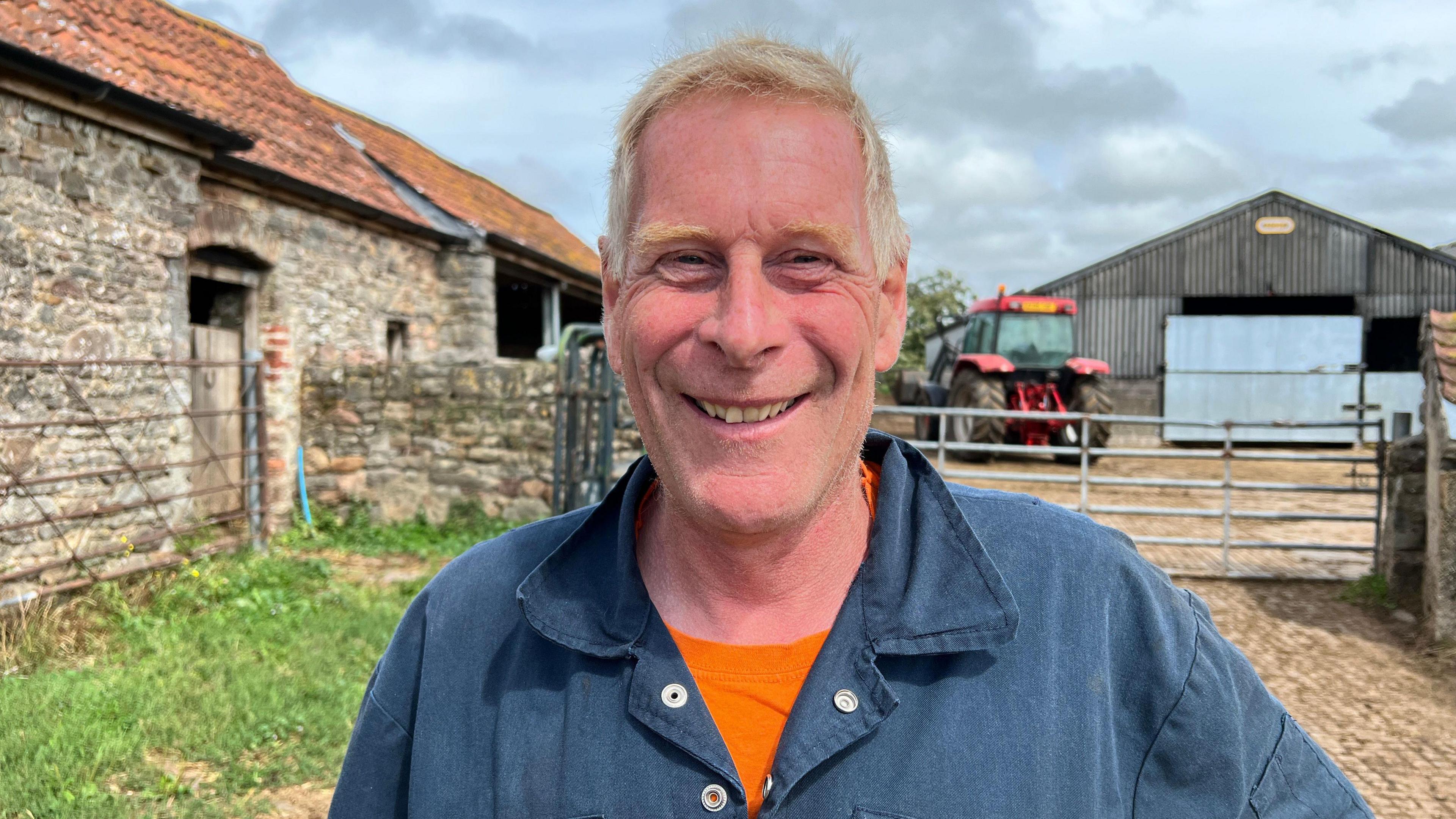'We need change' - protesting farmers in the South
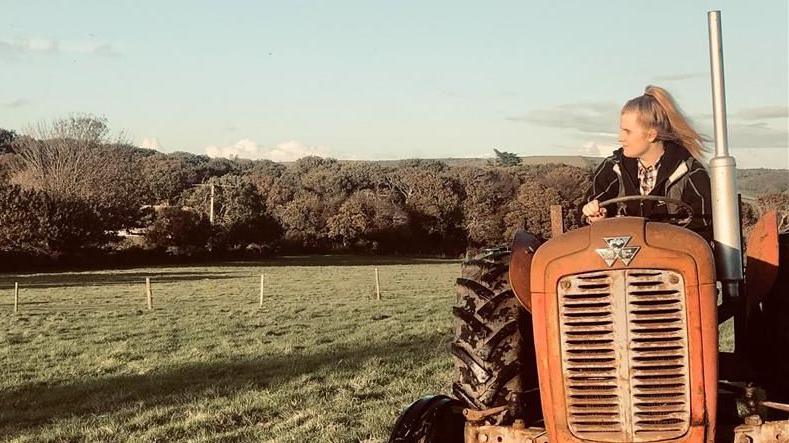
Isle of Wight shepherdess Milly Collins said she was joining the protest because the government's decision was "a complete stab in the back"
- Published
"They've taken food production and food security for granted and think that food just appears out of nowhere."
Farmers across the south of England are calling for change after it was announced in the Autumn Budget that some farms would be charged inheritance tax.
Karl Franklin, a farmer in Oxfordshire, said the news had caused "shock, massive worry and stress" in the farming community.
The government said its "difficult decisions" were due to "a £22bn fiscal hole".
It is thought between 10,000 and 40,000 people will attend a protest in London on Tuesday - the biggest yet over the government's domestic policy agenda.
Before the announcement, farmers had been exempt from paying inheritance tax since 1984.
The series of changes announced by Chancellor Rachel Reeves mean that from April 2026 combined business and agricultural assets worth more than £1m would be taxed at 20% when they are passed on to the next generation.
This is half the standard rate of 40%.
There has been a range of claims about how many farms will be affected.
The largest estimate - 70,000 - relates to the total number that could ever be affected. But the number of farms to be impacted each year is likely to be about 500.
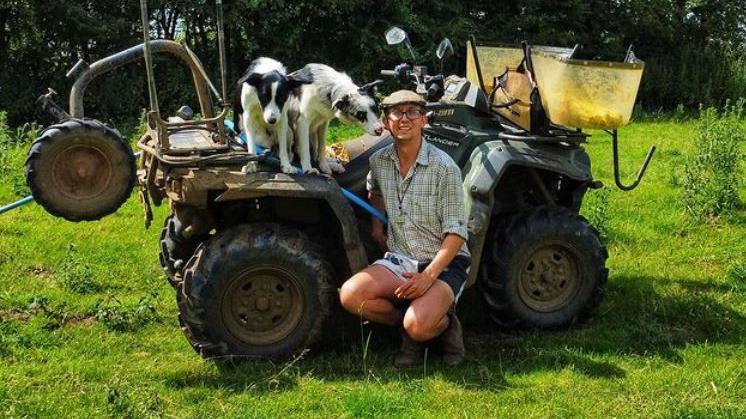
Oxfordshire farmer Karl Franklin called the government's decision "a real major red flag"
Chipping Norton farmer Mr Franklin said: "British farming is built on family farms and small independent farms.
"If they start going... how are we going to be producing food in the future to come?"
He called the government's decision "a real, major red flag".
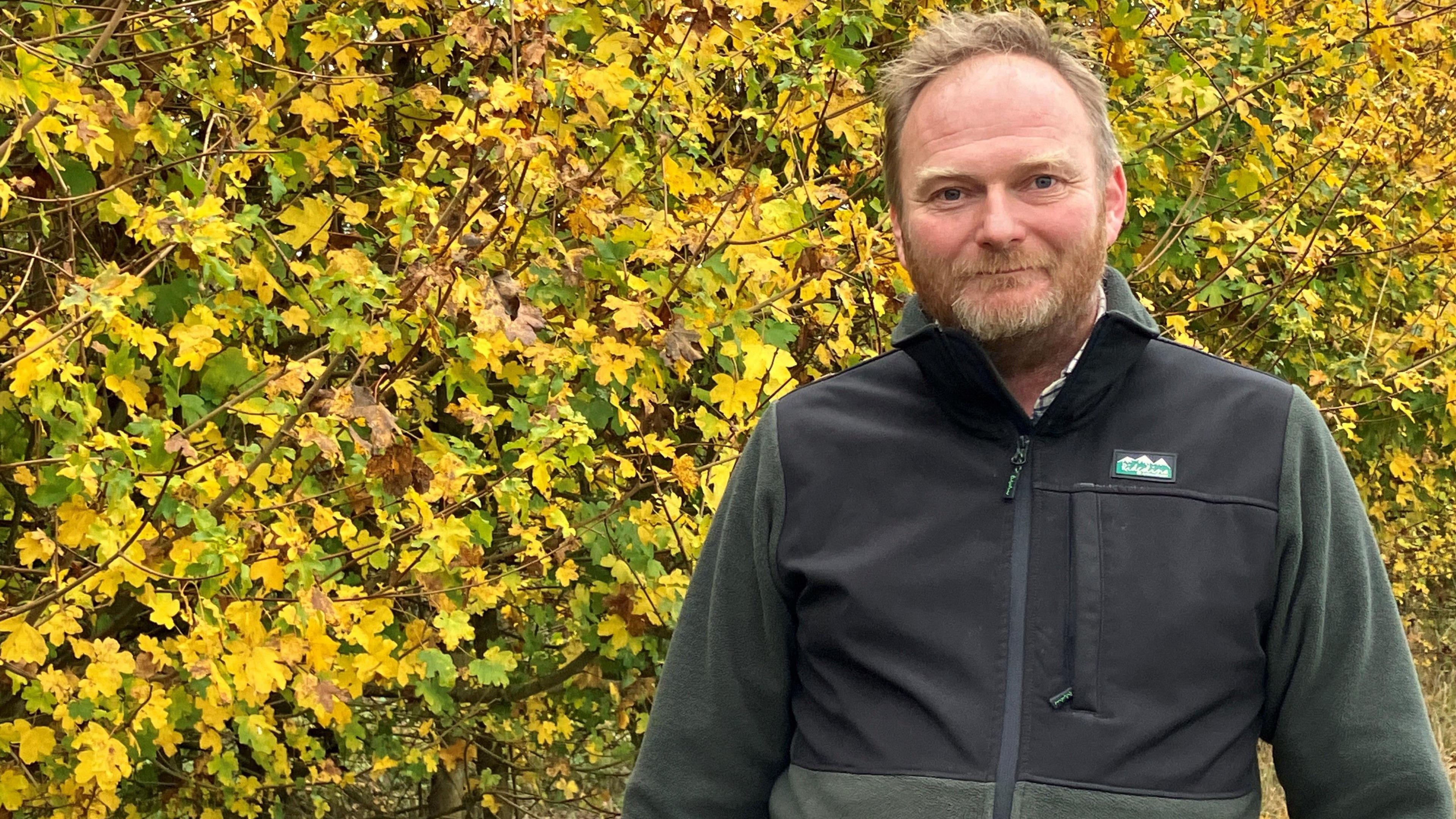
Berkshire farmer George Brown said the new rules would mean his children would not be able to afford to run the family farm
Many farmers across the country did not accept the farming minister's message that "the vast majority will be fine".
"They've got their maths wrong, it is going to affect a lot more farmers," said George Brown, a farmer in Peasemore, near Newbury in Berkshire.
He has a small-scale arable farm called Priors Farm and also owns a small flock of sheep.
He thinks the new rules mean his two young children "wouldn’t be able to afford to run it".
Mr Brown said farmers "will just need to keep the pressure on in the coming months".

Ian Constable from Street Croft Farm said he had noticed "a slow decline" in the farming industry
Another farmer joining the protest is Ian Constable from Street Croft Farm in Herriard, Hampshire.
"Myself and my partner will definitely be going, we will be meeting everybody else to show solidarity," he said.
"Farms generally don't have a lot of cash in the bank, they're, as people say, asset rich, but a lot of the time that asset is owned by the bank.
"To pay the 20% tax, land owners would have to sell land."
Mr Constable said he had noticed "a slow decline" in the farming industry.
"I was talking to an arable farmer friend of mine and he was saying they haven't had a profitable year in four years," he added.
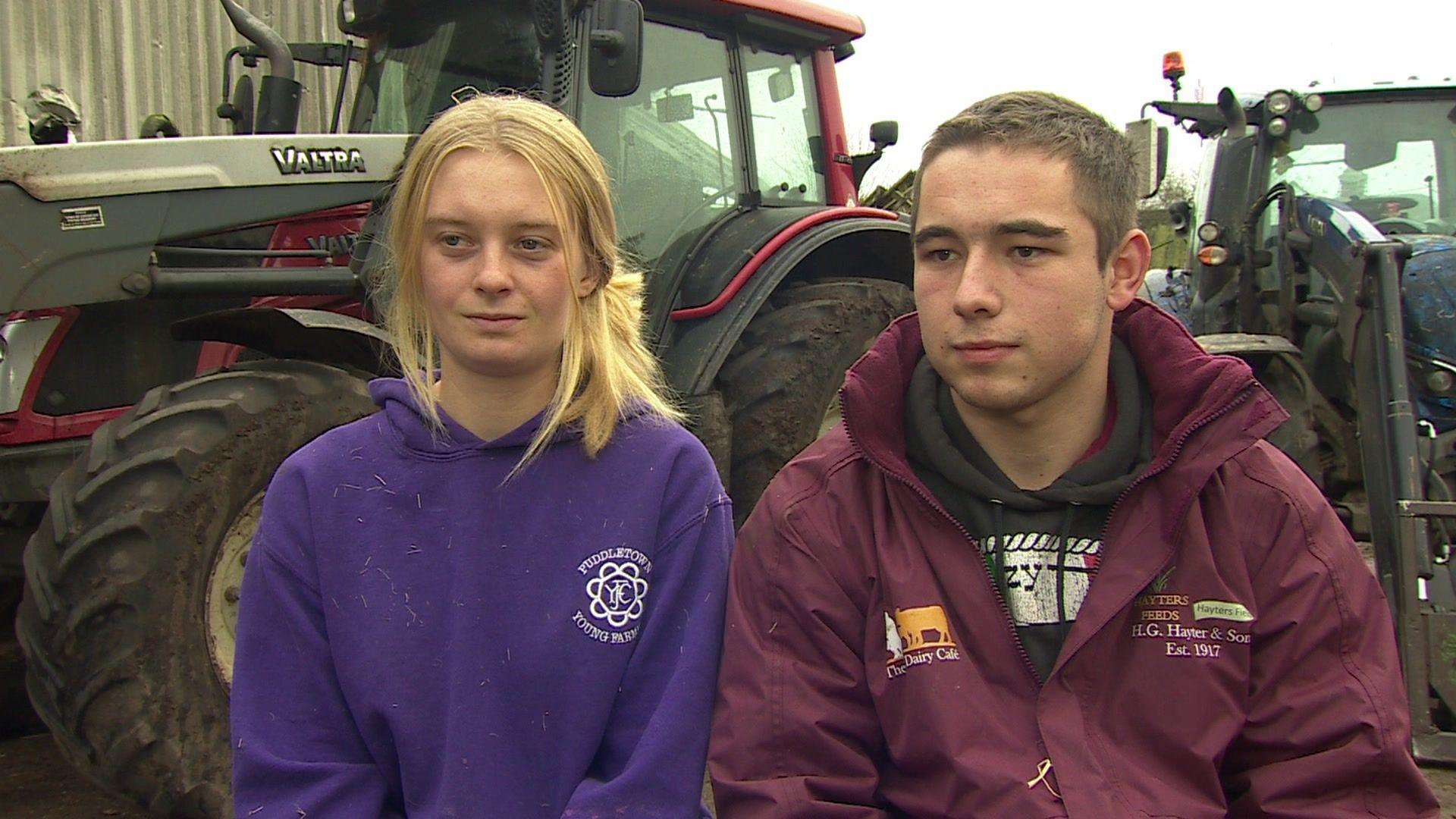
Dorset farmers Tristan Hayter and Rowena Jones said young people's mental health could also be affected
Recent reports have shown how farms have been impacted due to a shortage of workers.
Tristan Hayter and Rowena Jones, from Puddletown Young Farmers in Dorset, said their future in farming was "not so certain anymore".
"I don't think it encourages new generations to come to get involved within the industry," Ms Jones said.
Mr Hayter said their message to the government was "there's possibly more chance it could affect young people's [mental] health as well".
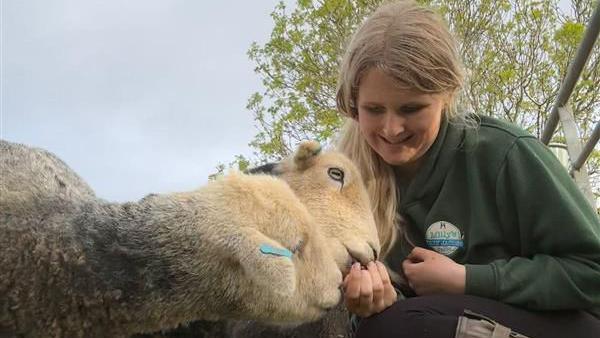
Shepherdess Milly Collins said a million pounds "does sound like loads" but "it doesn't give you much"
Isle of Wight shepherdess Milly Collins, 21, said: "We need a change".
"A million to a lot of people does sound like loads but it's really not when you come down to buildings and land, it doesn't give you much."
She said being a young farmer was "great" but felt the decision was "a complete stab in the back".
"If anything did happen in two years to any of our parents, we will only be 23 ourselves - there's no way we would have that spare cash," she added.
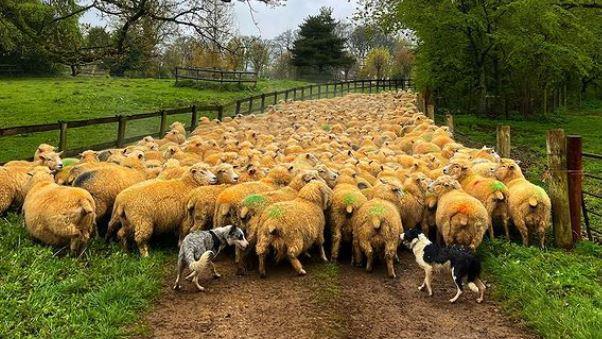
There have been a range of claims about how many farms will be affected but it is estimated around 500 farms each year will be impacted
Chancellor Rachel Reeves and Secretary of State for the Environment, Food and Rural Affairs Steve Reed said they "recognise the strength of feeling expressed by farming and rural communities in recent weeks".
"We are steadfast in our commitment to Britain’s farming industry because food security is national security," they continued in a joint statement.
“It's why we are investing £5bn into farming over the next two years – the largest amount ever directed towards sustainable food production, rural economic growth and nature’s recovery in our country’s history.
“But with public services crumbling and a £22bn fiscal hole that this government inherited, we have taken difficult decisions.
“The reforms to Agricultural Property Relief ensure that wealthier estates and the most valuable farms pay their fair share to invest in our schools and health services that farmers and families in rural communities rely on."
Get in touch
Do you have a story BBC Oxfordshire should cover?
You can follow BBC Oxfordshire on Facebook, external, X (Twitter), external, or Instagram, external.
Related topics
- Published17 November 2024
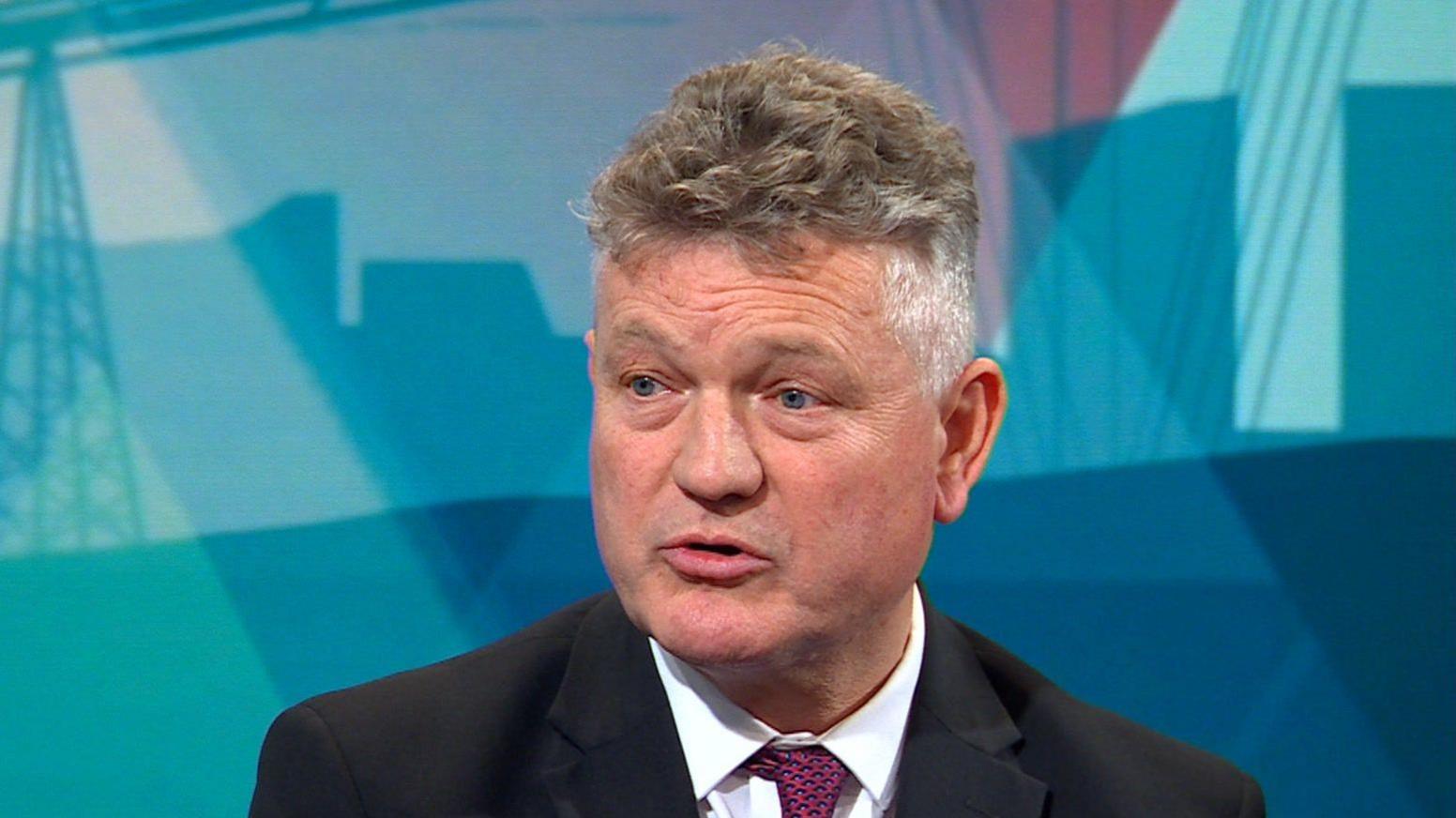
- Published16 November 2024
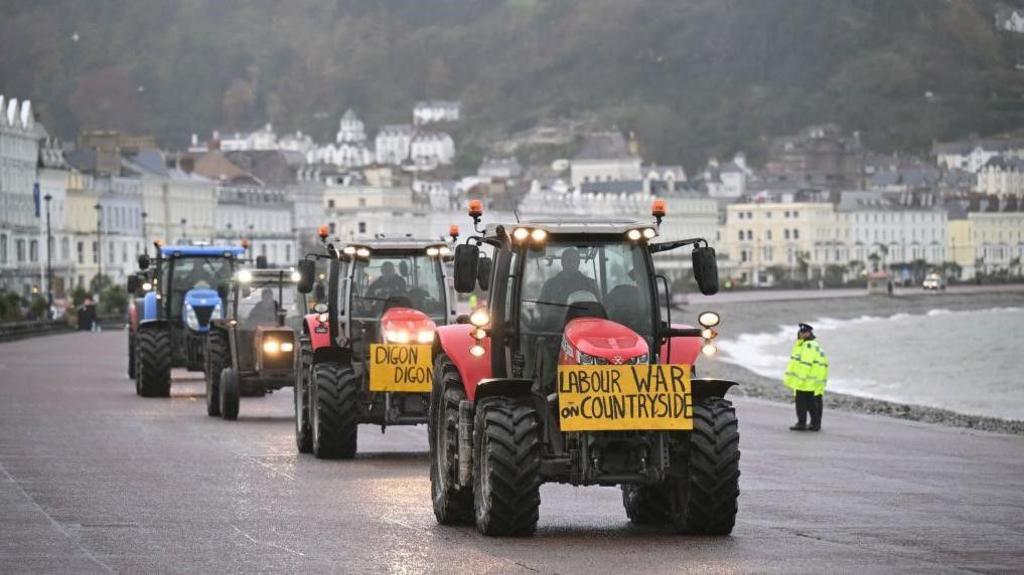
- Published12 November 2024
